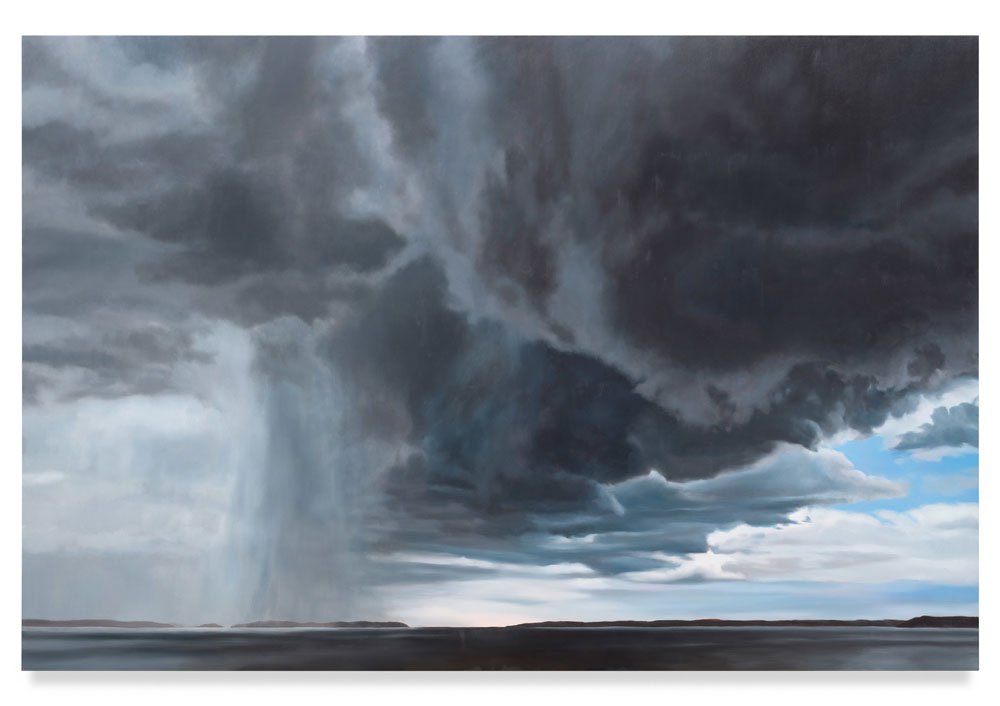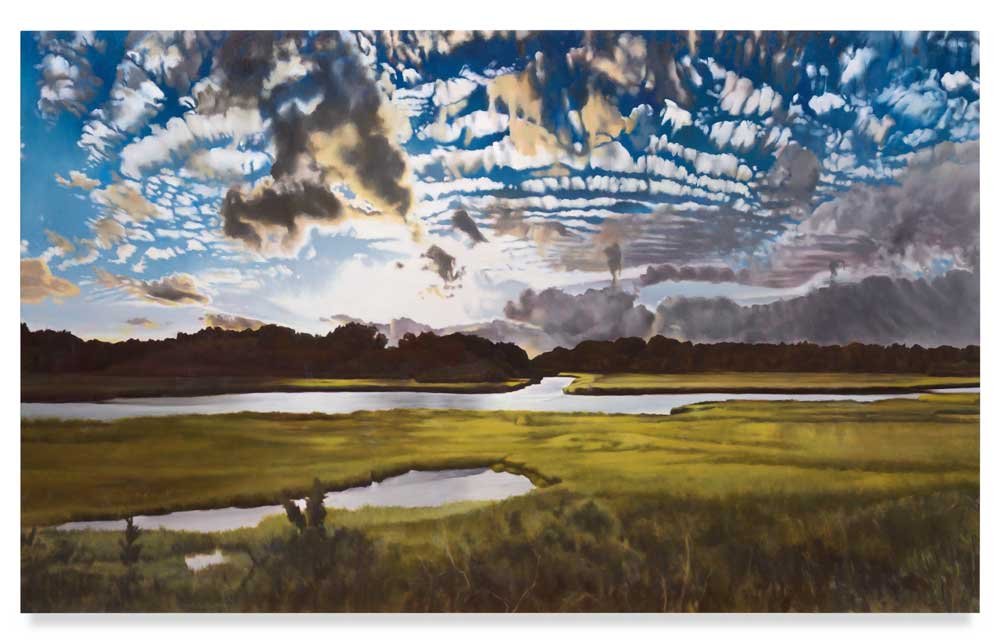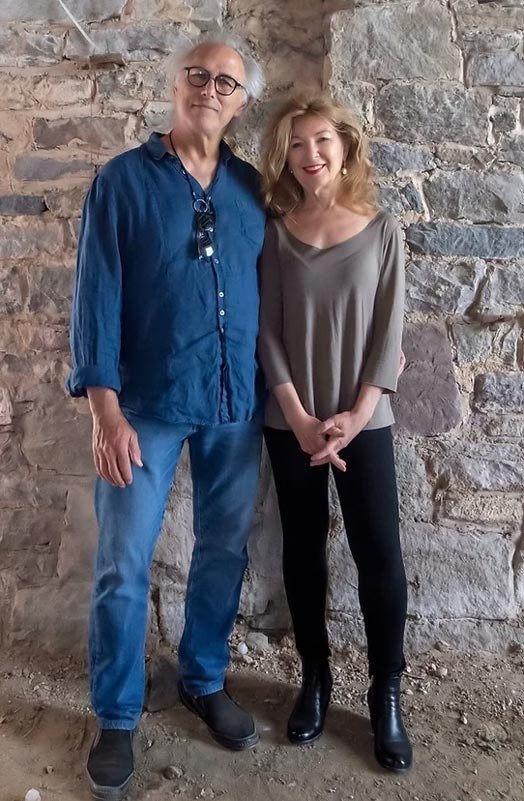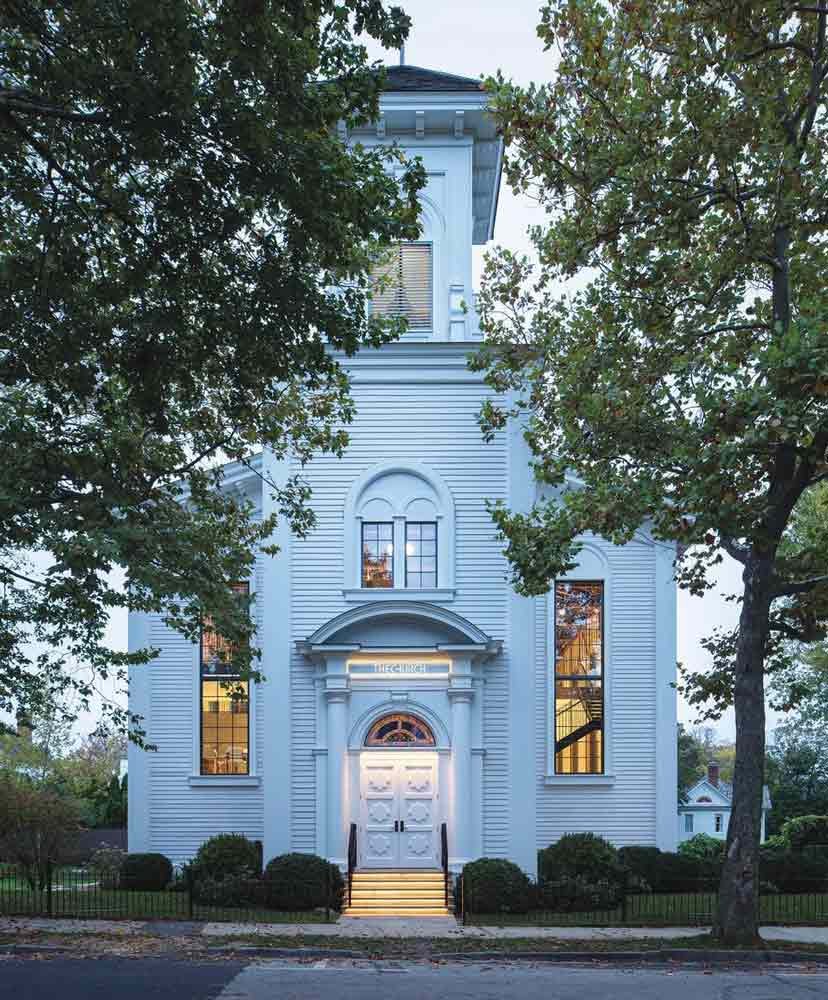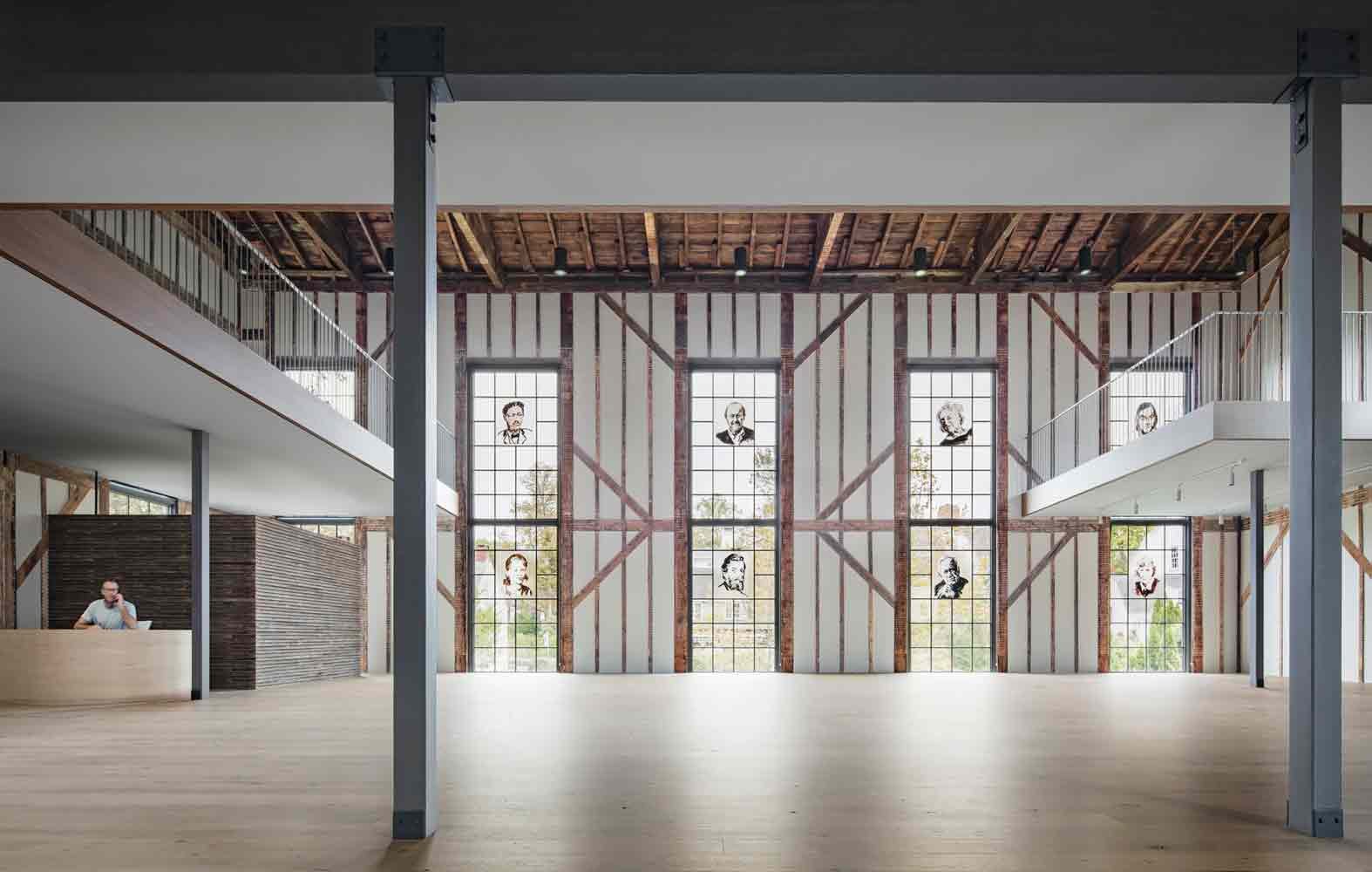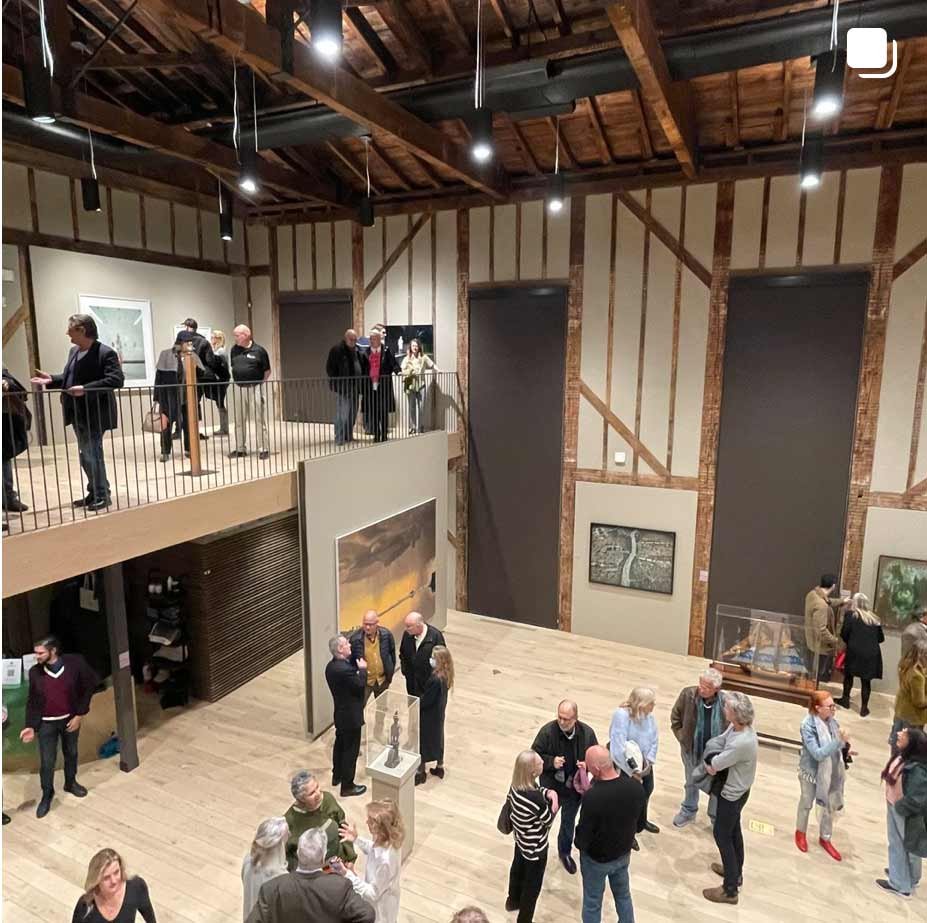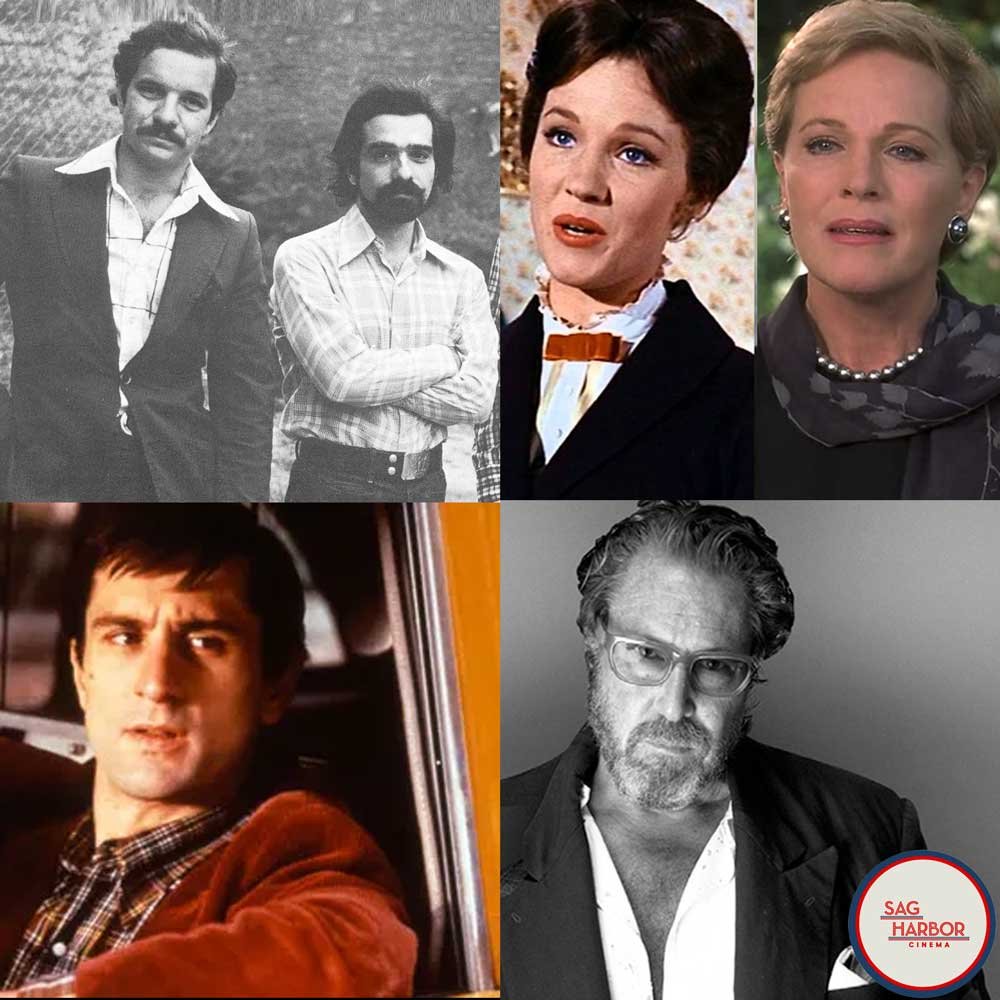In this fractured world, how do the arts build community, understanding, and inspire change? How does art help us define who we are and our place in the world?
April Gornik is known for her large scale landscape paintings which embrace the vastness of sea and sky. Her imagined landscapes, built up through a series of underpaintings are meditations on light and time. Her work is included in the collections of the Metropolitan Museum of Art, The Museum of Modern Art (MoMA), the Museum of Fine Arts Houston, and the Smithsonian American Art Museum in Washington, DC.
She is a director of the Sag Harbor Cinema Arts Center and co-founded The Church arts, exhibition space, and creativity center, which is a sanctuary for visual, performing, literary artists, and other creatives. Together with her husband the artist Eric Fischl, they are at the center of Sag Harbour’s arts district, and in this episode, we’ll also hear from some of the talented artists they’ve brought to their stages.
THE CREATIVE PROCESS · ONE PLANET PODCAST
Your paintings allow us to reflect on climate change in a positive way. You really embrace beauty.
APRIL GORNIK
I've chosen my work because I've loved the outside world. I love the things outside of myself. I love what isn't immediate to me. And I love projecting onto that as a way of kind of trying to reach the distance between my inner self and the vastness. To try to do that in a way that makes other people feel inspired by it, not be chided for not taking care of it. It's not something that I intend to be a message per se, but I think it might be a better message if it's not saying, "People, you've been bad. You have to change your evil ways!"
You know, I'd rather people look at the natural world and see the heartbreaking beauty of it and sense its fragility and its impermanence and their own impermanence and fragility and then have a response to that rather than say, you know, you have to act, you have to do something. I would hope that would inspire action rather than to cudgel them with a directive.
The Other Side II, 2022, Oil on linen, 72 x 108 inches, 182.9 x 274.3 cm
THE CREATIVE PROCESS · ONE PLANET PODCAST
Since we last spoke, you've just had this exhibition The Other Side. And there have been great developments. The arts, residency, and creativity center, that you co-founded with your husband Eric Fischl, The Church is now flourishing. (I was one of the first residents.) So you've been very busy, but when we look at your paintings, and you step back, and we enter these vast immersive paintings, paintings. They're so tranquil. You wouldn't have this sense of someone who is so busy and active.
GORNIK
In terms of The Church. It's not a religious institution, but it had been an old Methodist church that was built originally in 1835, and we renovated it to be an arts and creativity center. The arts are deeply important and creativity in all its forms is equally important to encourage and extol. So it was a natural place to develop that way, where we have art and poetry readings, and we have dance performances and rehearsals. And all of our residents are from different kinds of creative endeavors, and we haven't quite enacted this as much as I would like, but we want to have people who are computer scientists, composers, environmentalists, and anyone who is using creativity to make a positive change in the world and to express themselves. So that's the basic idea.
THE CREATIVE PROCESS · ONE PLANET PODCAST
Well, I think the way people are responding to the space reflects what you and Eric have put into it and your mission. But also, that is an interesting question, just about how much does place inspire us? How much does architecture inspire us?
GORNIK
I was just saying to Eric yesterday, we were walking down the quay and talking and suddenly I said, "People just don't think about place enough. We don't recognize the importance of place." I think it's a little bit the social media environment that we're living in now where we're all bent over a screen, but to try to locate yourself in a place is reifying. It's identifying. It gives you a sense of positive self-consciousness. I think if you find that you're comfortable or not, just being able to feel out the positive or negative effects of a space or place is really important. And I don't think people spend enough time affording themselves that contemplation of place. And, to go back to my work, that's a little bit what I'm doing...I've been trying to sort of locate myself outside of myself as a way of reflecting back on who I am as a person.
Just Before I Left the Ground, 2023, Oil on linen, 74 x 100 inches, 188 x 254 cm
THE CREATIVE PROCESS · ONE PLANET PODCAST
Your paintings remind me of that line by Antoine de Saint-Exupéry–
“If you want to build a ship, don’t drum up the men to gather wood, divide the work, and give orders. Instead, teach them to yearn for the vast and endless sea.”
GORNIK
To dream big…I just started reading Emerson, and I'm glad that I've gotten to it because he talks about history and says that folded into every person, if you think of this as a fractal situation, I was just reading about this and it blew my mind. There is the understanding and the containment of all of history, of all dreams, of all desires of all the furthest reaches of our minds and our accomplishments are folded into every person. And how astonishing is that? I mean, I'm so mad at people all the time about what a mess everything is. On the other hand, we are just astonishing. And we have so much potential. But we're also so misdirected by advertising, by product placement, by false desires - say, to get everybody addicted to corn syrup and then have them develop diabetes is really evil, in my opinion. So I'm just always swinging wildly between an appreciation at the amazement of the human spirit and humanity and its accomplishments and then frustration at the bad uses to which that's put.
THE CREATIVE PROCESS · ONE PLANET PODCAST
And I do think a lot about the looming climate crisis. 2023 has been the warmest year on record. We keep on breaking those records.
GORNIK
The current climate situation is so overwhelming to people. This is a scale of problem that we have never encountered before. We talk about World War this and World War that, but this is a global catastrophe that's affecting every part of our planet. And it's, importantly, I think, bigger than anyone can actually take in. And I think everyone has the best intentions of trying to make positive change - unless it disturbs their cellphone use and their car driving too much. We have to get a little more serious about that.
The Unbroken World, 2023, Oil on linen, 70 x 115 inches, 177.8 x 292.1 cm
THE CREATIVE PROCESS · ONE PLANET PODCAST
And I think that your paintings inspire people to make that step. I attended your recent talk with the Brooklyn Rail and in the comments, someone wrote, “Oh, it makes me want to become a landscape painter! And for others who might not feel confident to paint, it makes them want to go out and I want to appreciate nature. So this sense of spirituality, I know you were raised a Catholic. Tell us a little bit about your upbringing and just your path.
GORNIK
I was so mad at the Catholic Church and my upbringing and the way that my parents, my mother particularly, was so manipulated to think that if she did one thing for herself that she was somehow hurting Jesus and the local priests. I mean, it's such a brainwashing kind of situation. On the other hand, if you're raised Catholic, you're raised to believe in miracles. And the idea of transubstantiation. There's so many things about Catholicism, there's so much imagery that's magic, magical thinking, that lets your mind run free to a certain extent. You know, it does give you the willful ability to dream and imagine and just take off on crazy tangents. I mean religious people tend to be seekers and seekers tend to be the people that keep us whole and spiritually grounded and not just religious per se.
This interview was conducted by Mia Funk and Donna Sanders with the participation of collaborating universities and students. Associate Interviews Producers on this episode were Sophie Garnier and Donna Sanders. The Creative Process is produced by Mia Funk. Additional production support by Katie Foster.
Mia Funk is an artist, interviewer and founder of The Creative Process & One Planet Podcast (Conversations about Climate Change & Environmental Solutions).
Photo credit: Eric Fischl




